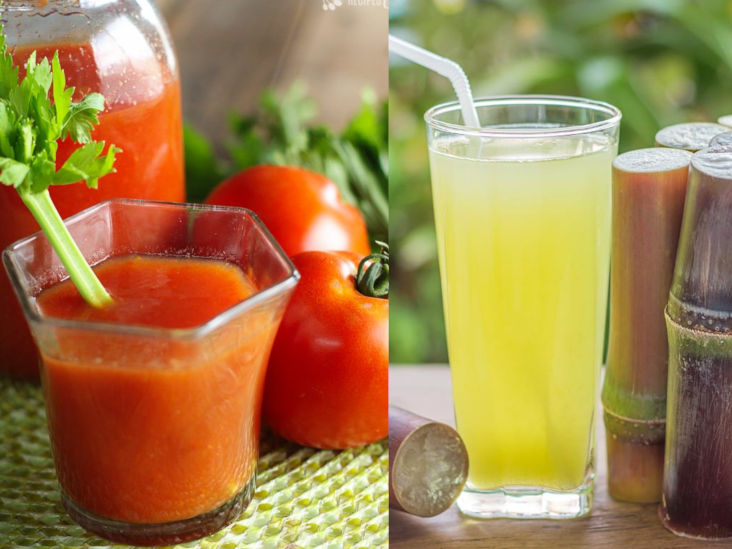Jaundice is a term used to describe a yellowish discoloration to the skin and the sclera. Body fluids and tissues may also be yellow. Earlier Jaundice was called as the "Morbus regius" (the regal disease) in the belief that only the touch of a king could cure it.
The color of the skin and sclera will vary depending on the levels of bilirubin. Bilirubin is developed by the breakdown of red blood cells in the body which is excreted through the liver. Elevated bilirubin levels lead to jaundice. Also, any condition that disrupts the movement of bilirubin from the blood to the liver and out of the body results in jaundice.
Jaundice is classified into three categories, depending on the pathology. They are,
- Pre-hepatic jaundice
- Hepatocellular jaundice
- Post-hepatic jaundice
Pre-hepatic jaundice: Pre-hepatic jaundice is caused due to the increased rate of haemolysis (breakdown of RBCs). Causes of haemolysis include:
- Malaria
- Sickle cell anemia
- Thalassemia
- Gilbert syndrome
Hepatocellular jaundice: Hepatocellular jaundice happens as a result of any infection in the liver. It may be due to infection or exposure to a harmful substance, such as alcohol, thereby disrupts the liver’s ability to process bilirubin.
Post-hepatic jaundice: Post-hepatic jaundice, is commonly known as obstructive jaundice, is caused by a blockage to the drainage of bile in the biliary system. The most common reasons are due to gallstones in the common bile duct or due to pancreatic cancer. Other medical conditions include:
- Acute inflammation of the liver - May impair the ability of the liver to conjugate and secrete bilirubin, resulting in a buildup of bilirubin.
- Inflammation of the bile duct - May prevent the secretion of bile and removal of bilirubin, causing jaundice.
- Obstruction of the bile duct - Prevents the liver from disposing of bilirubin, which results in hyperbilirubinemia.
- Hemolytic anemia - Production of bilirubin increases when large quantities of erythrocytes are broken down.
- Gilbert's syndrome - An inherited condition that impairs the ability of enzymes (biomolecules that provoke chemical reactions between substances) to process the excretion of bile.
- Cholestasis- A condition in which the flow of bile from the liver is interrupted. The bile containing conjugated bilirubin remains in the liver instead of being excreted.
Tests and diagnosis
A blood test is suggested to determine the total amount of bilirubin in the body. The urine test can be carried out to measure levels of a substance called urobilinogen
Other diagnostic tests including liver function tests, complete blood count (CBC), imaging studies, which may include abdominal ultrasounds or CT scans and liver biopsies can be carried out.
Symptoms of Jaundice:
- The color of the skin and sclera changes to yellow. In more severe cases, eyes may turn brown or orange.
- Pale-colored stools
- Dark yellow-colored urine
- Skin itching
- Nausea and vomiting
- Rectal bleeding in some cases
- Diarrhea
- Fever and chills
- Weakness
- Weight loss
Home Remedies for Jaundice:
1. Sugarcane
A glass of sugarcane juice consumed daily will help the patient recover from jaundice quickly. Sugarcane enhances the functioning of the liver and digestion.
2. Tomato Juice
One glass of tomato juice mixed with salt and pepper should be taken every morning which help in the betterment of jaundice. Tomatoes have lycopene which lowers the risk of liver diseases.
3. Radish leaves
Drinking a glass full of radish leaves juice extracted daily is highly beneficial. Radish leaves have compounds which induce appetite and regularizes the bowel movements.
4. Lemon
Lemon juice can be given to the patients as Lemons have the anti-inflammatory property which helps in curing jaundice. It unblocks the bile ducts and protects the liver cells from damage thus making it the simplest and easy home remedy for jaundice.
5. Papaya leaves
Crush the papaya leave and make paste of it and add honey to it. This should be regularly taken for 2 weeks. This is an effective home remedy.
6. Spinach
Spinach is a rich source of iron. Fine Chopped spinach leaves along with carrot will be an effective home remedy.
7. Buttermilk
Buttermilk does not contain any fat and therefore it aids good digestion. Adding a pinch of salt, black pepper, cumin seeds would improve the digestion of the patient also.





